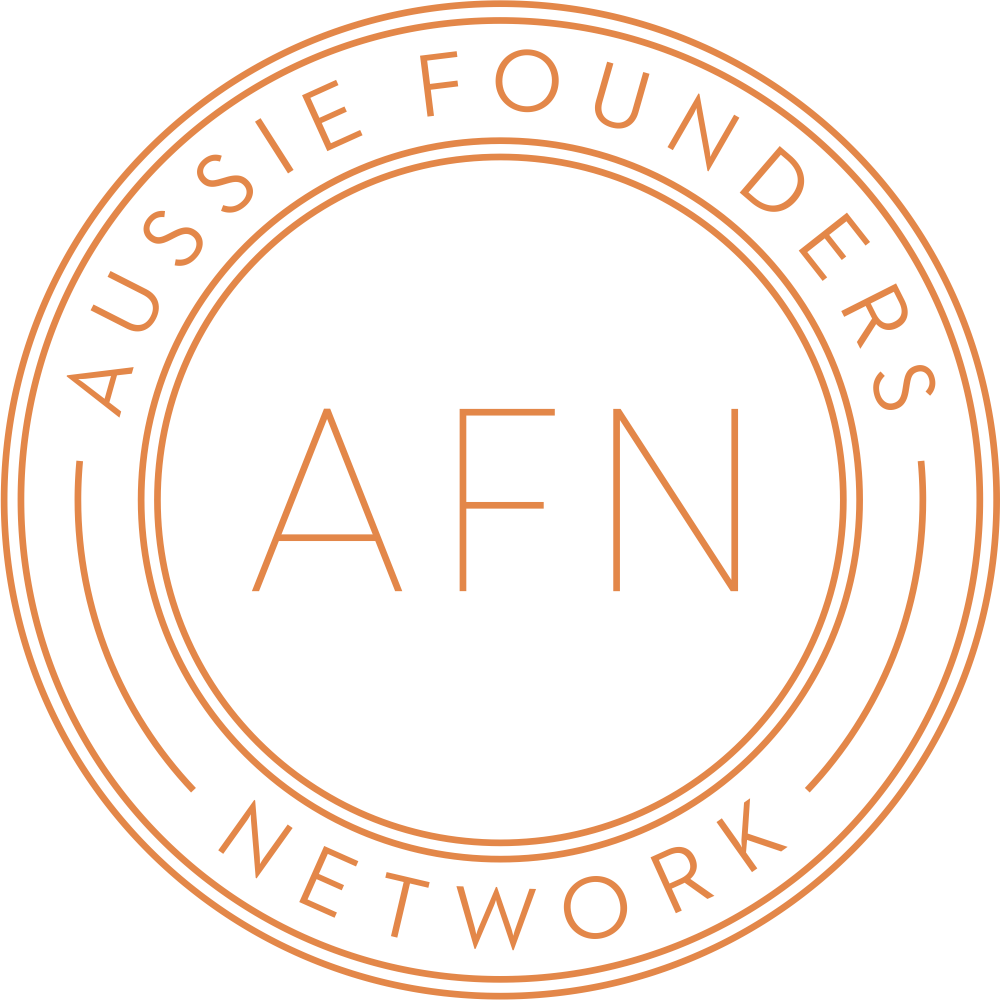What should you be looking for in an employee as an early-stage startup?
Should you hire a recruiter or do recruitment yourself?
What is a founder vesting schedule and why are they used?
How should I implement a vesting schedule?
How do you choose a good US lawyer?
Should all founders be on the Board?
People - hiring, firing, etc.
What should you be looking for in an employee as an early-stage startup?
One of the biggest mistakes early-stage companies make is that they gravitate to candidates that look good on paper because they have worked at Google or other well-known companies. Often people come in from those big companies and are super focused on just one very specific thing, and are used to having big support structures around them. If you're an early-stage business, you've got to be the player, coach, and wear ten different hats. Read more of this answer on the Founder Forum.
Should you hire a recruiter or do recruitment yourself?
Recruiters are expensive, so you want to use them as a last resort. In some ways, you want to test your market yourself first. You'll need to get out there and network, create job ads, and craft a message to people that you hope is going to resonate and draw them in. If you've raised funds, most of the top VC firms have internal recruitment apparatuses you can take advantage of.
In regards to recruitment agencies, it's such a broad spectrum, 90% of recruitment agencies can give you no value, the other 10% you'll never leave. What you're looking for in a recruitment firm is what they are going to do that is different from what you can do.Read more of this answer on the Founder Forum.
What is a founder vesting schedule and why are they used?
A vesting schedule is a concept where you may be given a particular reward or benefit, but you don't actually get the right to hold onto or own that benefit until a certain amount of time (or, less commonly, milestone achievement) has passed. The way to handle the fact that you can't predict the future and that things change is to have what's known as vesting.
If a founder decides to leave the business six months in, you need a way to recognize that this person shouldn't have the same economic upside as those who are there for the ten plus year haul building a big business. Even though on paper, you get a certain percentage of the value of the shares, if you leave before a particular time, you only get to keep a fraction of those shares.
The same applies for team members who are granted stock optionsRead more of this answer on the Founder Forum.
How should I implement a vesting schedule?
The standard way that it works when you're hiring somebody is there's a concept of a one year cliff with a four-year vest. So when you hire someone, they get, for example, 5000 shares as part of their compensation. That one year cliff means that even though their shares vest over four years, if they leave within the first 12 months, they don't actually get the rights to any of them. If they stay with the company for two years, they'll get 2500 of those shares because they had two years remaining to vest. Read more of this answer on the Founder Forum.
How do you choose a good US lawyer?
It comes down to people and relationships. Initially, you'll have the opportunity to meet with a few lawyers without charge. Just as you would get references for a critical hire, this person will be a trusted adviser. You'll want to check references and talk to other founders that have had a very similar journey to the one that you're anticipating. Be sure that their experience with that lawyer has been what you would hope it to be, really successful, constructive, and positive. Read more of this answer on the Founder Forum.
Should all founders be on the Board?
The idea of a Board is to provide representation for shareholders and that final holding management to account. Because of that role, when you're an early-stage startup, most of your shareholders in the initial phases are going to be founders.
Those individuals are almost certainly also going to be the people who are the executives, the people running the business. It becomes a bit of a strange one because they're creating a construct to represent their own interests as shareholders and hold themselves to account. Read more of this answer on the Founder Forum.
